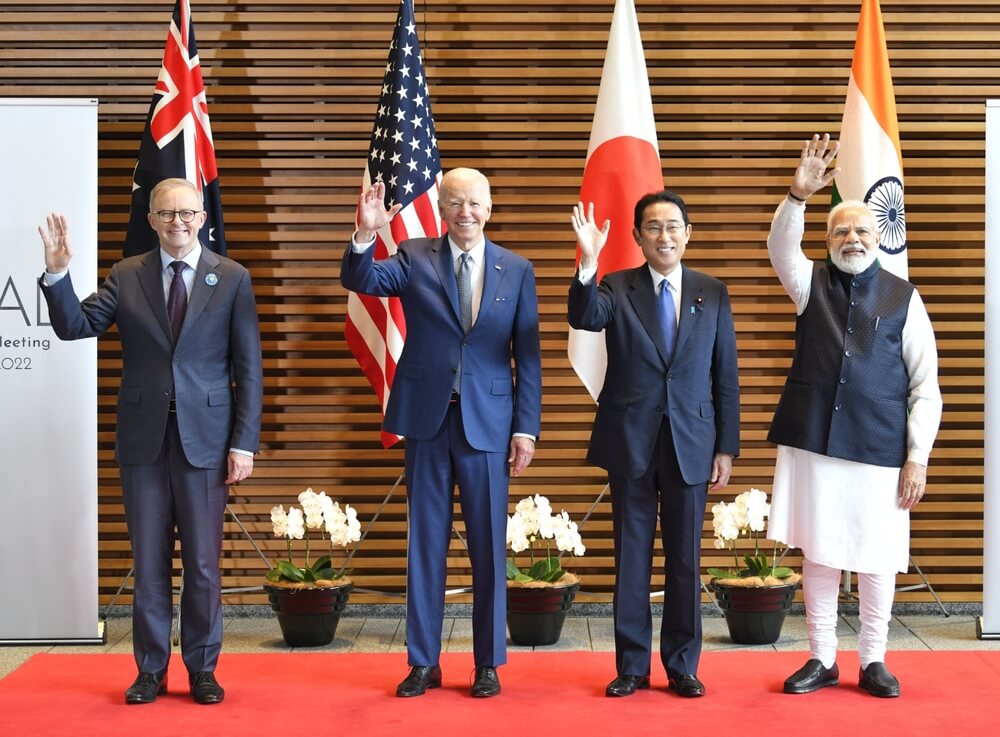The Non-Aligned Movement extended its life at the just-finished 19th summit in Uganda; again without answering questions about the purpose and identity of this organisation of developing countries.
In the final document from the summit in Kampala, the capital of Uganda, there was a lot of talk about noble goals in its 47 points which were the reasons for founding the Movement 62 years ago, but few answers to the issues that plague its members.
The Non-Aligned Movement is one of the few surviving recurrences of the Cold War, and since that war ended, it has been searching for its identity in a changed world.
Apart from the fact that, with 120 members, it is the largest international organisation after the UN, the Movement represents almost nothing on today's map of global influence. The summit in Kampala confirmed this once again.
Outdated mission
India participates in the work of the Movement as one of its founders from an age when that idea had some meaning.
These values - equality of states, decolonisation, equal economic development, territorial integrity, and mutual respect - formed the foundation for the Movement more than 60 years ago and remain indispensable in discussions between members.
However, behind these universal principles, the Non-Aligned Movement is also an alliance whose views increasingly conflict with the interests and politics of India, which raises the question of the meaning of its continued stay in the club.
Today's world, and even more so today's India, does not resemble the one from 60 years ago
Today's world, and even more so today's India, does not resemble the one from 60 years ago, even though the conclusions of the 2024 Non-Aligned Summit seem to ignore this.
During the establishment of the Non-Aligned Movement at the end of the 1950s, India accounted for about 1% of the global GDP, and today it is close to 10%, as the third largest global economy.
During that time, from 3 founding countries (India, Egypt and Yugoslavia), the Movement grew to 120 member states. However, as many as a quarter of them are at the bottom of the global scale of economic power (GDP per capita).
Diverging policies
Being in an alliance with those poorer is not a sin or necessarily against the state's interests. However, it speaks volumes about the potential of an alliance which has failed to fight for equal global economic development as one of its most significant principles for more than half a century.
The political positions of the Non-Aligned Movement have distanced India more than differences in economic strength.
This year's summit in Uganda was marked by the support of numerous members for the strongest condemnation of Israel's actions in Gaza. Most of the discussions and the final document did not mention the terrorist attacks by Hamas on Israel on October 7.
This seems strange because in the final document, the members of the Movement "strongly condemned terrorism in all its forms and manifestations".
The position of the Non-Aligned Movement directly contradicts India's strong support for Israel
This is a group whose vast majority has a distinctly anti-Israeli policy, and that is why the conclusions included the concern that Israel "continues to carry out indiscriminate attacks across the Gaza Strip, including on homes and refugee camps, UNRWA schools and facilities”.
Also, as a significant event, the Summit "noted" the claim of its member, South Africa, against Israel before the International Court of Justice with the accusation of genocide.
This position of the Non-Aligned Movement directly contradicts India's strong support for Israel in its fight against Hamas as a terrorist organisation.
This time also, the Movement did not condemn Russia's aggression against Ukraine, even though the inviolability of the territorial integrity of states and the peaceful settlement of interstate disputes form the fundamental principles of this organisation.
Old and new partnerships
India has long distanced itself from the Non-Aligned Movement, even though not through direct confrontation with other members.
Following Venezuela (2016) and Azerbaijan (2019), this is the third consecutive summit held in Uganda, in which PM Narendra Modi has not represented India. His absence is not just a matter of protocol. It is a significant message about India’s distancing itself from a club where there is little reason to be active.
The widespread anti-Western orientation of most Movement members is not where India should seek partnerships for its place on the global stage.
 The widespread anti-Western orientation of most Movement members is not where India should seek partnerships for its place on the global stage
The widespread anti-Western orientation of most Movement members is not where India should seek partnerships for its place on the global stage
Quite the opposite. For India, it is integration through fora where some of the most developed Western economies are members, such as the Quad (with the US, Australia and Japan) or the I2U2 group (India, Israel, US, and the UAE).
There is also the India-Middle East-EU Economic Corridor Project, as a strategic initiative with a global effect, which raises India and its economic influence to a new level.
The G20 presidency and last year's summit in New Delhi presented India as a factor that could influence the dialogue between the global poles, whether on the East-West or North-South lines.
Belonging to the Non-Aligned Movement, even from the distance that India has been demonstrating, apart from not benefiting its economic and political ambitions, has become an unnecessary burden. The summit in Uganda confirmed that.